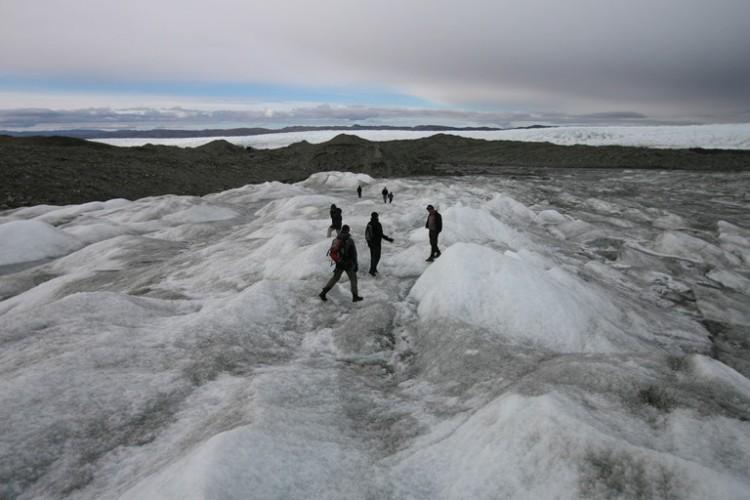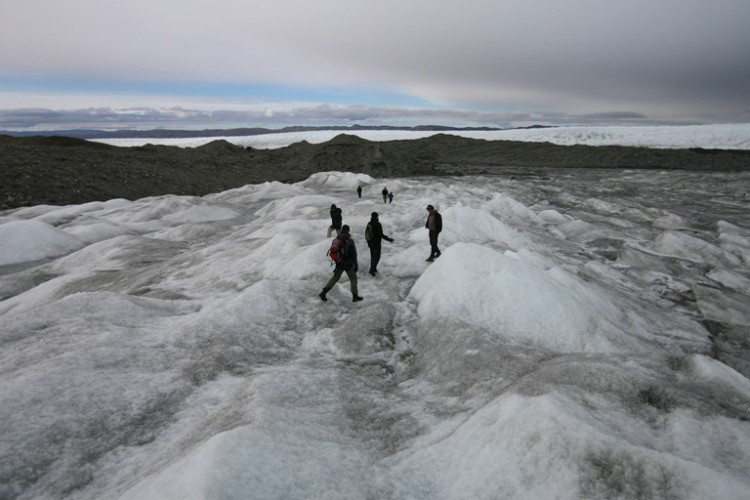Billions of dollars worth of rare earth elements—the largest deposit outside of China—cannot be mined in Greenland because the elements are bound up with restricted radioactive materials. Some lawmakers are calling for eased restrictions to allow exploitation of the valuable resource.
Australia-based company Greenland Minerals and Energy Ltd. has been sitting on a large deposit of rare earth elements (REE) in southern Greenland for years. The elements are abundant in the earth’s crust, but have earned the name “rare” because they are seldom found in deposits concentrated enough to be worth extracting.
China provided 95 percent of the world’s supply, but greatly restricted global access to its REEs in 2010. The United States used to be self-reliant, but became dependent on China as resources waned in the 1990s.
The elements are used in components for cellphones, computer monitors, television screens, fiber-optic cables, even lighter flints, among other abundant uses.
Jorgen T. Hammeken-Holm, department head at Greenland’s Bureau of Mineral and Petroleum explained the problem with extracting Greenland’s REEs: “The earth metals are bound up with uranium. You can’t mine the earth metals without extracting the uranium. With our current zero-tolerance policy [against uranium mining], it means that this deposit cannot be exploited.”




